Exploring the Role of Digital Media in the Global Era, Faculty of Humanities Udayana University held the 8th Faculty of Humanities' DigiTalk inviting Media Expert from ANU
On Friday, September 26, 2025, the 8th Faculty of Humanities' DigiTalk was held online via the Zoom Meeting platform. The topic discussed was “Media Power in the Digital Era: The Challenges of Mitigating Influence Operations,” with speakers specializing in media, culture, and Southeast Asian society. The speaker was Assoc. Prof. Ross Tapsell, affiliated with the Australian National University's College of Asia and the Pacific. The seminar was moderated by Dr. Ni Ketut Sri Rahayuni, SS, M.Hum., Lecturer in the English Literature Study Program, who served as the moderator. This activity has become one of FIB Unud's efforts to strengthen the role of academics in understanding the challenges of the digital era. Through this FIB DigiTalk, students and lecturers are expected to be able to broaden their knowledge regarding digital media and its influence on society.
The Dean of the Faculty of Humanities at Udayana University, Prof. I Nyoman Aryawibawa, S.S., M.A., Ph.D., opened his speech by expressing his gratitude to the speakers, moderators, and other parties involved. He said that DigiTalk often invites speakers with backgrounds in media or technology to support the development of Digital Humanities at the Faculty of Humanities. At the end of the year, he plans to discuss how to realize Digital Humanities after the DigiTalk series has been implemented, so he is very open to input or suggestions for the development process of his activities. This shows the commitment of the Faculty of Humanities, Udayana University, presenting an academic forum that is relevant to the current developments. In addition, DigiTalk has also become a means of international collaboration that strengthens the global academic network of the Faculty of Humanities, Udayana University.
During the presentation session, Associate Professor Ross Tapsell presented his research entitled “Elections in the Age of Influence Operations in Southeast Asia,” focusing on three countries: Indonesia, Malaysia, and the Philippines. Malaysia experienced toxic positivity when the Pan-Malaysian Islamic Party (PAS) uploaded short video content on TikTok, Facebook, and other media without truly acknowledging and attempting to resolve existing issues in society. Meanwhile, the Philippines is now led by the son of a former dictator who has successfully whitewashed history through social media by portraying his father's dictatorship as a “golden age.” Indonesia has also been overwhelmed by the slogan ‘Gemoy’ in campaigns, which attempts to change the image of candidates by obscuring their controversies or track records. As a result, campaigns and politics have become focused on other issues.
The shift from traditional campaigns to digital campaigns began with the dominance of short-form video content on social media, which is more accessible, especially to younger generations. The content presented is related to popular cultures that appeal to young people, such as K-pop, anime, manga, and The Hunger Games. This change in campaigning has become a problem due to the lack of transparency in the campaign process. The cost, amount, and use of campaign funds are unknown to the taxpayers. Another problem is the avoidance of professional journalists and the reduction of unscripted interviews. This phenomenon proves that digital media has a powerful influence on the political behavior of the younger generation. Political communication strategies through digital platforms have now become an important factor in shaping public opinion.
The question and answer session was lively and interactive. At the end of the event, certificates were presented to the moderator and speakers by Gede Primahadi Wijaya Rajeg, Ph.D., as the head of the Digital Humanities Development Team at Faculty of Humanities, Udayana University. The event ended with a group photo session. Through this FIB DigiTalk, it can be seen that the academic community of Faculty of Humanities, Udayana University is interested in digital media issues in the global era. Students and lecturers were provided with a space to discuss, exchange ideas, and broaden their academic horizons. FIB Unud is committed to making DigiTalk a sustainable forum to support the development of Digital Humanities. This event also becomes an important means to strengthen academic networks with international partner universities. This forum hopefully can strengthen the analysis of digital media and culture with critical thinking, innovative research, and scientific collaboration that is beneficial for the development of humanities at the national and international levels.
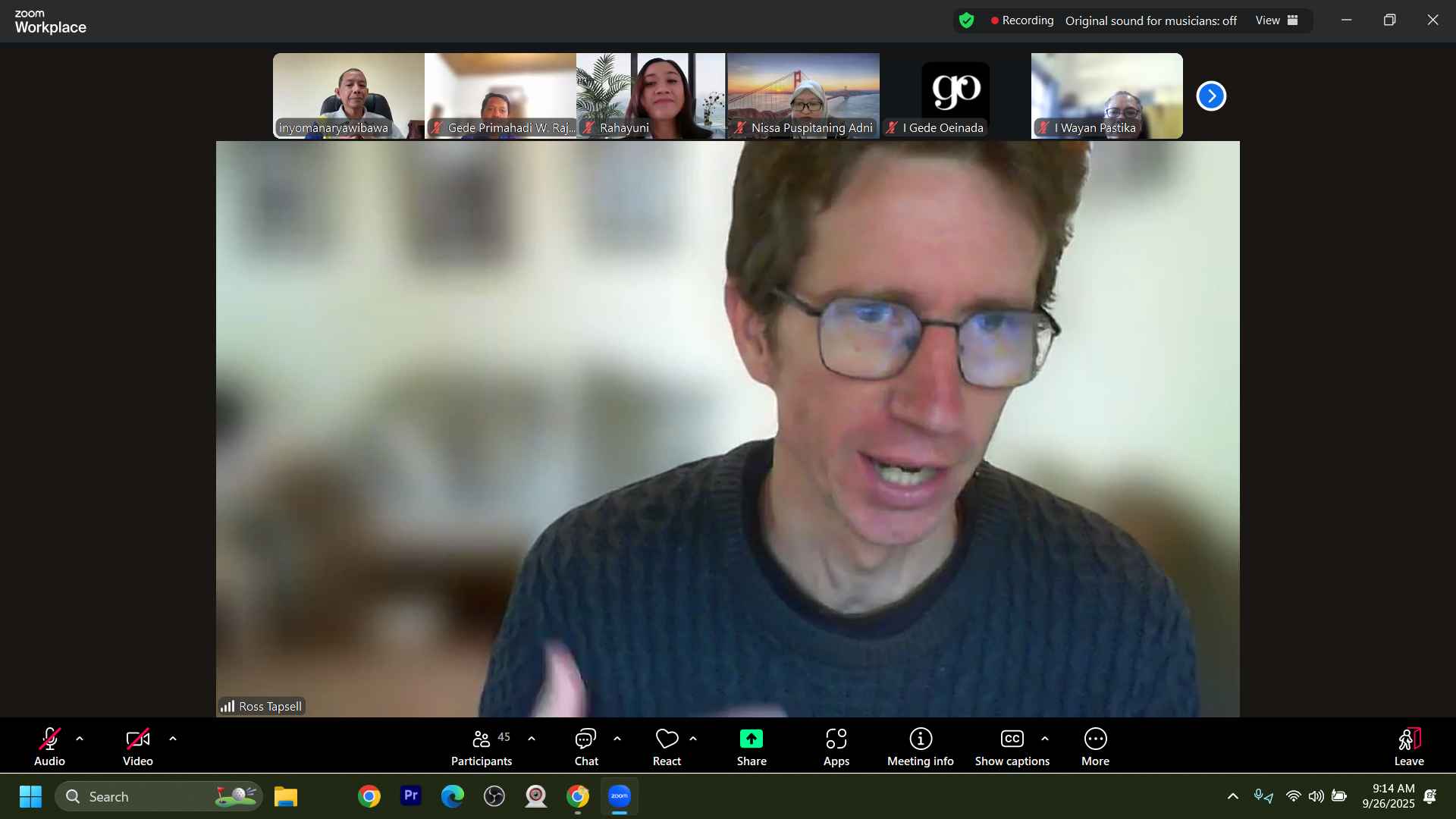
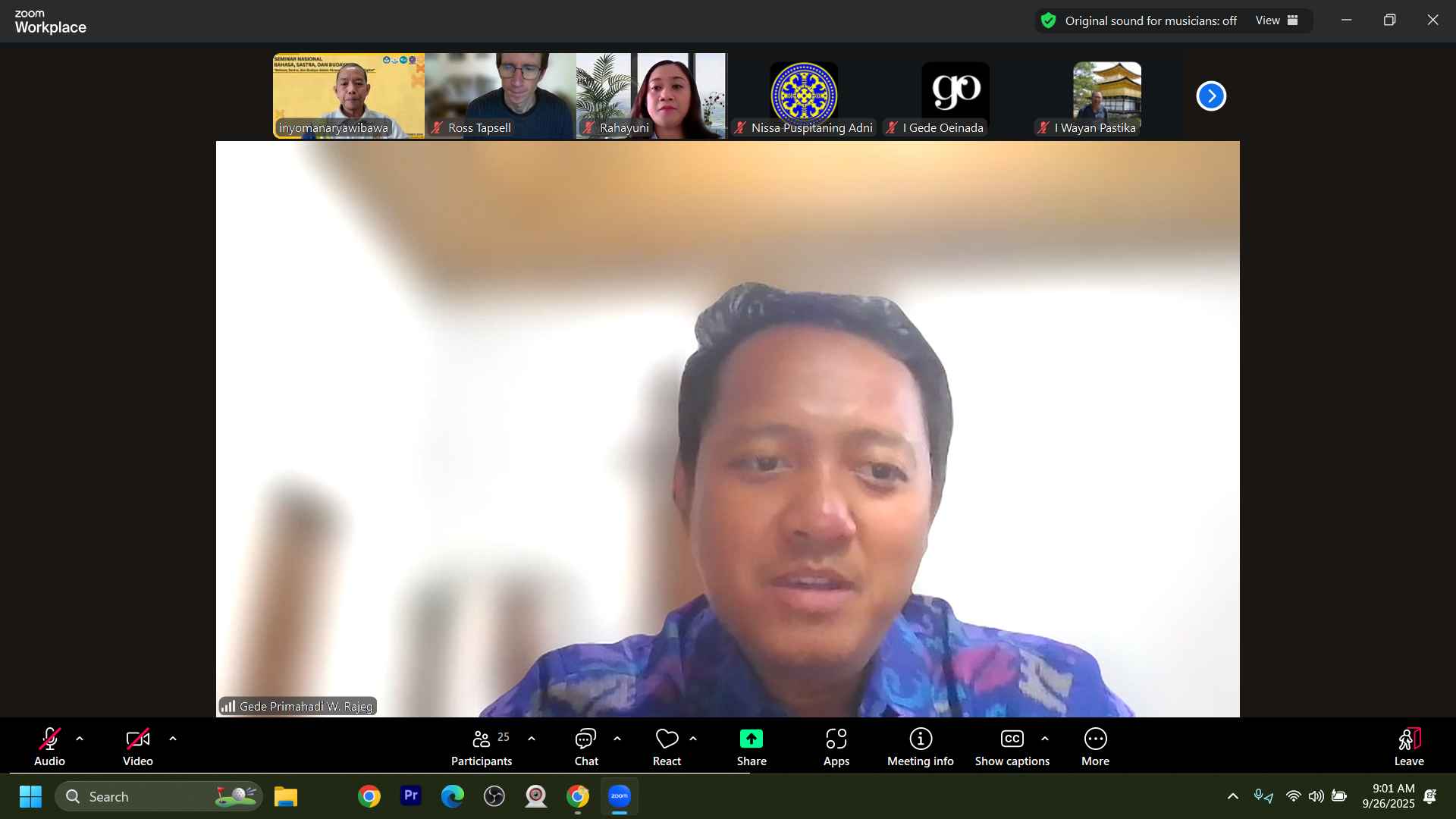
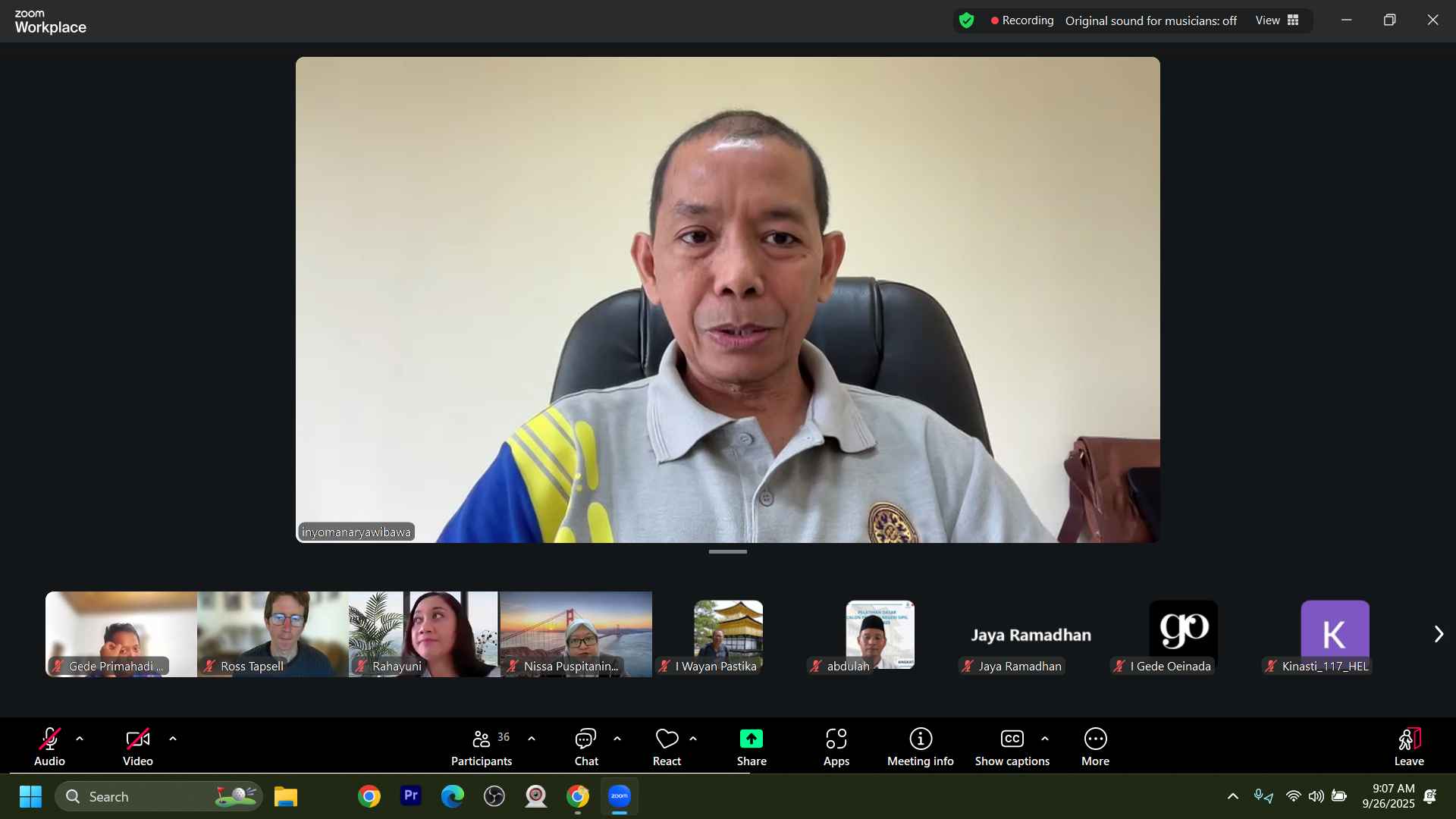
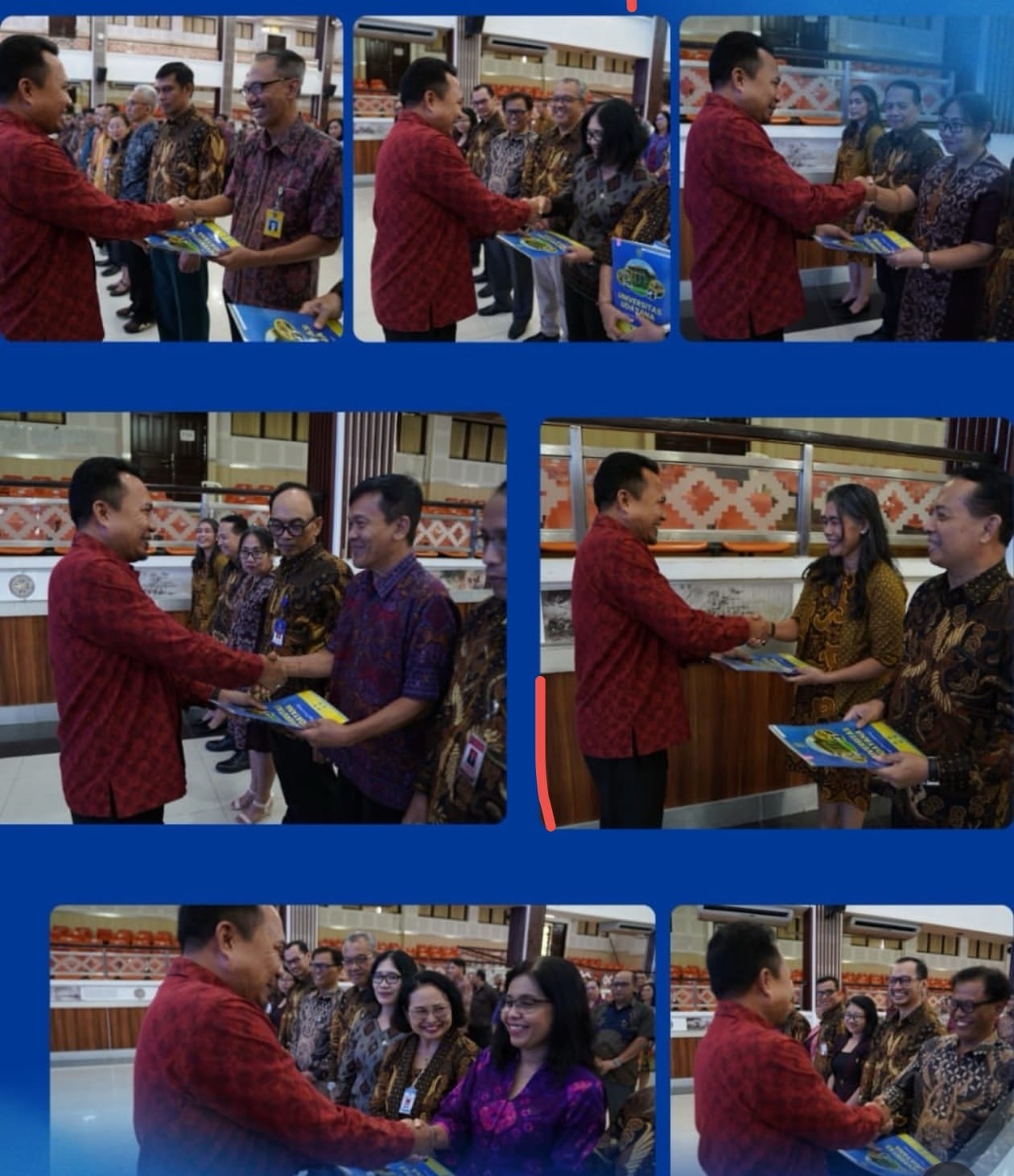
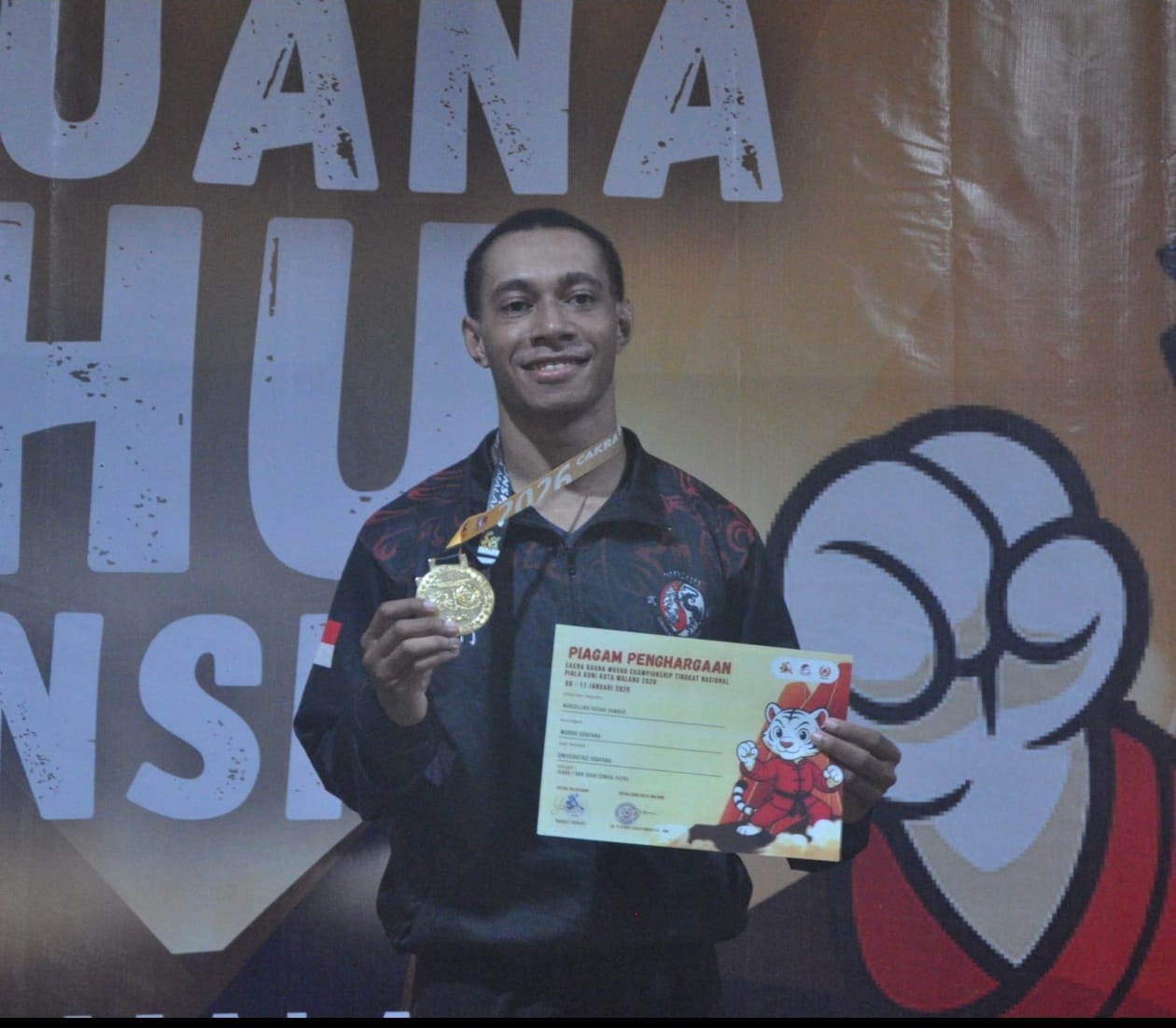
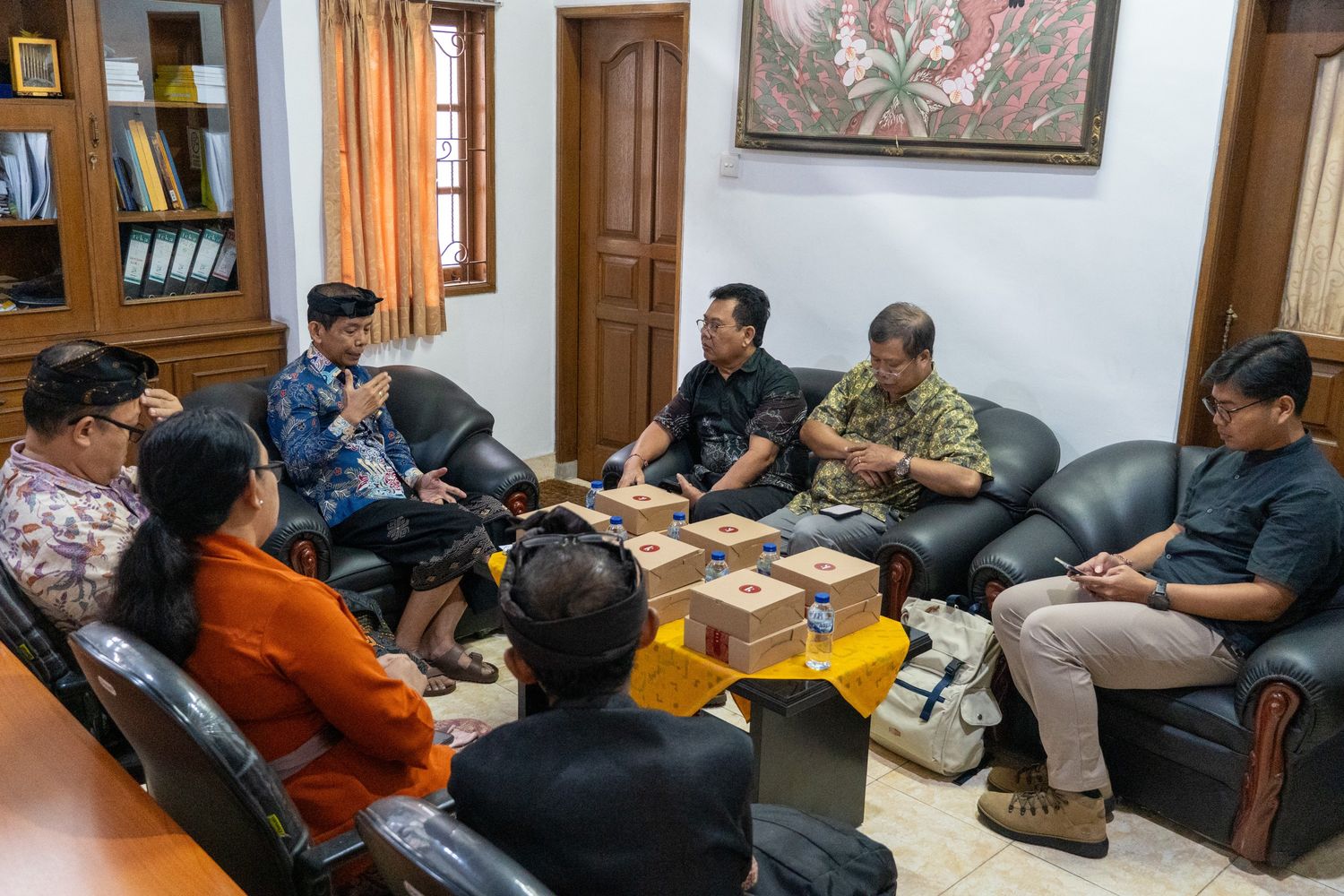
UDAYANA UNIVERSITY